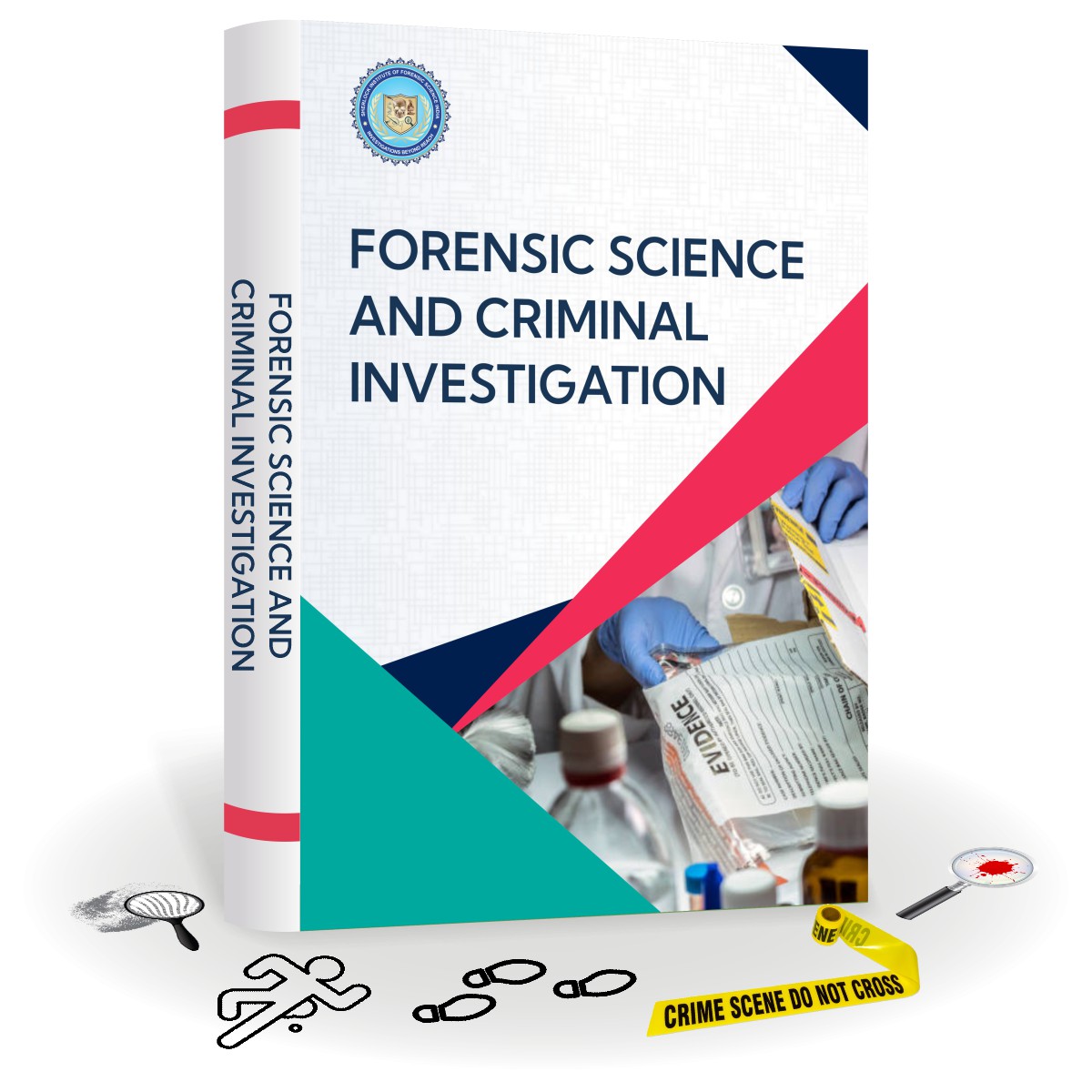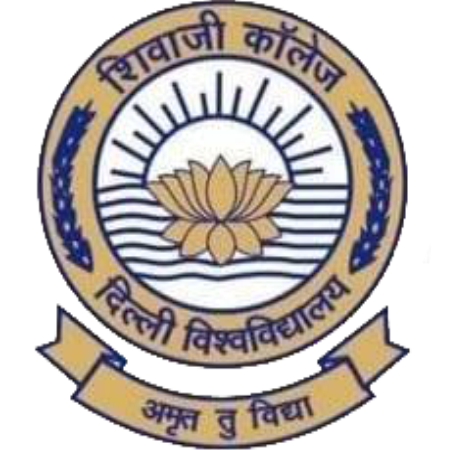MODULE 1 – INTRODUCTION TO FORENSIC SCIENCE
In this module, you will be introduced to the forensic science domain, including its history, fundamental principles, subfields, and significance during criminal investigations. The concept of institutional structures, government and private laboratories, and the role and uses of this science within a legal context are also covered. The module further explores the importance of maintaining a chain of custody, which includes accurate collection, preservation, inspection, evaluation, and reporting of evidence.
MODULE 2 – CRIME SCENE INVESTIGATION AND MANAGEMENT
This module covers the study of different types of crime scenes, both indoor and outdoor, methods for securing and recording crime scenes, like note-making, sketching, photography, and videography, the role of the first respondent and forensic scientist at the crime scene, and the importance of Locard’s Exchange Principle.
You will also learn about various types of evidence encountered at the crime scene (physical, chemical, biological, and testimonial), evidence searching methods (spiral search, grid search, strip search, zone search), techniques to collect, preserve, and package evidence, the crime scene reconstruction process, and the presentation methodology of the evidence in the courtroom.
MODULE 3 – FORENSIC EVIDENCE COLLECTION AND PRESERVATION
This module explores the concept of advanced and latest crime scene investigation techniques, types of evidence, searching methods, collection, preservation, and packaging techniques of different types of evidence, and the transferring process of that evidence to the forensic laboratories for further investigation. You will also gain insights about what types of evidence are acceptable in court and related issues forensic experts face during legal proceedings.
MODULE 4 – FINGERPRINT IDENTIFICATION
This module covers the domain of fingerprint identification, including its historical evolution and significance, fundamental principles, types of fingerprint patterns (arch, loop, and whorl), ridge characteristics, and techniques to record fingerprints. The Henry System of Classification, types of fingerprints found at the crime scene (latent, patent, and plastic prints), and methods of fingerprint lifting and development (physical, fuming, and chemical) will also be covered. The module concludes with a basic introduction to other types of impressions that might be found at a crime scene, including foot, shoe, ear, lip, and palm prints.
MODULE 5 – QUESTIONED DOCUMENT EXAMINATION
In this module, you will learn about questioned document examination, including principles of examination, problems associated with handling different types of documents, document and handwriting examination techniques, natural variations in handwriting and factors affecting it, types of signature forgeries, examination of different types of documents (altered, indented, charred, etc.), and ways to decipher secret handwriting. Ways to examine typewritten documents, holographic and allographic documents, counterfeit currency, digital signatures, and anti-money laundering documents will also be covered.
MODULE 6 – COMPUTER AND CYBER CRIME INVESTIGATION
This module introduces you to the world of computer and cyber crime investigation, including their historical evolution, types of cyber crime (phishing, cyberstalking, ransomware, DoS, credit card fraud, identity theft, etc.), cyber crime categories (individual, property, and government), the significance of digital evidence and its types, and steps to be followed while searching for and seizing digital evidence. You will also gain insights about investigative techniques implemented by cyber experts, tools used for evidence analysis and verification, and precautions to take to enhance the chances of evidence admissibility in court.
MODULE 7 - FORENSIC PSYCHOLOGY
This module explores the domain of forensic psychology, career and scope, major areas, including criminal law, civil law, and negligence, the significance of psychology in forensic science in understanding human behavior, and the roles addressed by forensic psychologists, including actuarial, advisory, clinical/assessment, and experimental. The module also covers the limitations and ethical considerations governing the practice of forensic psychology.
MODULE 8 - FORENSIC NURSING
In this module, you will learn about the role of forensic nurses in crime scene investigations, the importance of collaboration between forensic nurses and law enforcement agencies, and methods to collect, preserve, and handle evidence found at the crime scene. This module also covers insights about types of evidence and the significance of the chain of custody throughout the investigative process.
MODULE 9 - FORENSIC ACCOUNTING
In this module, you will learn how to develop an auditor’s mindset and the difference between a traditional accountant and a forensic accountant. You will gain insights into the unique tenets of forensic accounting to detect and prevent financial fraud. The module also covers root causes of fraud, types of fraud, and factors leading to fraudulent activities, preparing to identify and effectively investigate fraud in a forensic context.
MODULE 10 - FORENSIC LAW IN HUMAN IDENTIFICATION
In this module, you will understand the role of forensic law in human identification. Further, you will learn about the different methods used for identifying individuals in forensic investigations, give emphasis to importance of identification. The module will cover the ethical and professional responsibilities that forensic experts must uphold, as well as their pivotal role within the legal system.
MODULE 11 - FORENSIC BIOLOGY AND SEROLOGY
In this module, you will understand the role of biological evidence in forensic investigations. You will learn about the examination of hair, botanical evidence, and various body fluids such as blood, semen, saliva, and more. The module also introduces forensic serology and explores the structure and function of body fluids. It concludes with the fundamentals of DNA profiling, its forensic significance, and how it aids in human identification and crime solving.
MODULE 12 - FORENSIC PHYSICS
In this module, you will explore the use of physical evidence in forensic science. You will learn about the examination of materials such as glass, soil, paint, and fibers. The module also covers the restoration of obliterated marks and the analysis of tire and tool marks. These topics will help you understand how physical traces can link suspects to crime scenes and support investigations.
MODULE 13 - FORENSIC CHEMISTRY, MEDICINE AND TOXICOLOGY
In this module, you will understand the medical and toxicological aspects of forensic investigations. You will study different types of injuries, stages of death, and medico-legal procedures. The toxicology section focuses on poisons, their effects, methods of analysis, and legal considerations. This module highlights how forensic medicine supports the legal system in determining causes of injury or death.














